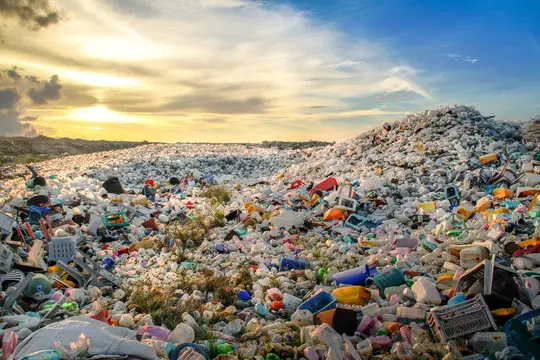Urban Waste Management: Challenges and Innovative Solutions
Cities around the world are facing a mounting waste crisis. With growing populations and more people moving to urban areas, waste production is skyrocketing. Traditional methods like landfilling and incineration, while still prevalent, are increasingly seen as environmentally unsustainable. This has put pressure on cities to find better ways to manage their waste.
Public demand has also shifted dramatically in recent years. Citizens are becoming more environmentally conscious and are demanding more sustainable waste management practices. They want their cities to be cleaner, greener places to live. This has led to a need for innovative solutions that can meet the challenge of urban waste management.
Smart Waste Management Systems: One promising solution is the use of smart waste management systems. These systems use sensors and data analytics to optimize waste collection routes, reduce operational costs, and minimize carbon emissions. Smart bins that can signal when they’re full help prevent overflow and improve efficiency.
Waste-to-Energy Technologies: Another innovative approach is the conversion of waste into energy. Technologies like anaerobic digestion, gasification, and incineration with energy recovery can turn organic waste into biogas, electricity, and heat. This not only reduces the amount of waste sent to landfills but also generates renewable energy.
Comprehensive Recycling Programs: Effective recycling programs are essential to divert waste from landfills. Cities are working to improve their recycling infrastructure, make recycling more accessible, and offer incentives for households and businesses to recycle more effectively.
Public Education and Engagement: Raising public awareness about the importance of waste reduction, recycling, and sustainable practices is crucial. Community programs, workshops, and campaigns can help educate people about how they can make a difference in their own homes and workplaces.
Zero Waste Initiatives: Some cities are embracing zero waste strategies, which aim to eliminate waste through comprehensive recycling, composting, and sustainable consumption practices. These initiatives involve collaboration between municipalities, businesses, and residents to achieve ambitious waste reduction goals.

The Future of Urban Waste Management
The future of urban waste management lies in the integration of advanced technologies, robust policies, and active public participation. Cities need to invest in sustainable infrastructure, foster innovation, and engage with communities to meet the growing demand for effective waste management solutions.
By prioritizing sustainability and responding to public demand, urban centers can transform their waste management systems into models of efficiency and environmental stewardship. This not only enhances the quality of life for residents but also contributes to the global effort to protect our planet for future generations
